by Kari Grenade, PhD Regional Economist and Macroeconomic Advisor
In broad terms, a debt instrument is a financial claim that obligates a debtor (borrower) to pay a creditor (lender) interest, principal or both at an agreed future date.
Individuals, firms and governments borrow (incur debt) for several reasons.
Regarding governments’ borrowing, essentially, they incur debt because revenues generated from taxes and non-tax sources are insufficient to cover their expenditures. In other words, the stock of governments’ debt at any point in time is the accumulation of past fiscal deficits (revenue less than expenditure) plus the interest payments on past debt. Governments borrow from varied creditors such as commercial banks, multilateral banks (for example the World Bank), other governments and their official lending agencies, private institutions, and individuals. Creditors can either be domestic (debt owed to residents in the country where borrowing occurs) or external (debt owed to residents of a foreign country). It is important to point out that there are several definitions of government (public sector) debt; the narrowest definition covers debt of the central government only, while the broadest definition comprises debt of the central government, public nonfinancial corporations, public financial corporations as well as debt that the central government provides guarantees for.
Total global debt (including both public and private sectors) rose significantly in recent years, skyrocketing especially in the past two years. Based on the International Monetary Fund’s (IMF’s) Global Debt Database, total global debt rose to US$226 trillion in 2020 relative to the stock in 2019, representing a jaw-dropping 256% of global gross domestic product (GDP). The 2020 debt-to-GDP ratio was 28 percentage points higher than the ratio in 2019. Global public sector debt reached 99% of global GDP, accounting for just above half of the increase in total global debt. According to the IMF, the escalation in global debt in 2020 was the largest one-year debt surge since World War II! In the Caribbean, public sector debt (central government only) of the 15 member countries of Caricom, which was on a steady increase since 2000, accounted for 90% of regional GDP in 2020, up from the ratio of 71.4% in 2019.
High and rising global debt (public and private sectors) since the onset of Covid-19 has stoked debt sustainability worries. Concerns are being raised about countries’ capacities and abilities to effectively manage the inherent tension between containing debt vulnerabilities and financing important programmes and projects, particularly, but not exclusively those related to addressing Covid -19.
What is debt sustainability and why is it important? In broad terms, debt sustainability deals with the future implications of current indebtedness. In other words, public sector debt is considered sustainable if a government is able to comfortably meet all its current and future interest and principal payments when they become due. Public sector debt is deemed to be unsustainable, if the prevailing indebtedness is such that a government is unable to meet its repayment obligations when they become due and instead has to resort to a restructuring of its debts, exceptional financial assistance, or outright default. Sustainability incorporates 2 key concepts: solvency and liquidity. Simply, a government is considered solvent if it is able to repay its debts in the future and liquid if its liquid assets and available financing are sufficient to meet its maturing liabilities.
Of the many indicators of debt sustainability, the ratio of public debt sector to GDP is the most common one; in simple terms, the ratio tells how much a country owes relative to how much it owns/earns. For countries such as those in the Caribbean with constrained income-generating capacities given their narrow production bases and unsophisticated exports, coupled with their high vulnerabilities to economic and natural shocks, maintaining manageable debt loads is of paramount importance. Several factors determine how much debt a country can incur before the burden becomes unbearable and sustainability is endangered. Some of the more pertinent factors include the country’s income-generating capacity; its macroeconomic fundamentals; the quality of fiscal governance, policies and institutions; and the strength of debt management policies as well as capacities. Importantly, a country’s capacity to carry debt can change over time, as it is heavily influenced by changes in its macroeconomic fundamentals and the macroeconomic environment in which it operates. To properly assess public sector debt sustainability, it is important to cover all types of debt that pose a risk to public finances.
Amid the pandemic, the deteriorated macroeconomic fundamentals in Caribbean countries have stoked worries about debt-carrying and debt-servicing capacities, and public sector debt sustainability ultimately. Indeed, the more a country owes relative to how much it earns, the greater the risk posed to debt sustainability and the greater the probability of a restructuring or default. For sure, unsustainable public debt has acutely-harmful effects on a country’s economic growth and sustainable development by diverting financing to debt servicing that otherwise could be channeled towards supporting productive social and economic investments. Indeed, without fiscal and debt sustainability, no economic development strategy can proceed.
Therefore, in the context of responding to the pandemic, which, according to all scientific diagnoses, is likely to persist for some time, it is crucially important that policymakers address 2 seemingly conflicting, yet imperative policy priorities, which are protecting lives and livelihood, while simultaneously protecting medium-term fiscal and debt sustainability. Addressing these pressing priorities will require, among other strategic actions: entrenching fiscal discipline to end wasteful and unproductive spending; improving the monitoring and management of fiscal risks; enhancing debt management practices and capacity; improving debt transparency; reforming public revenue systems and policies; bolstering public financial management systems and institutions more broadly; scaling up investments in the social sector; strengthening resilience to natural and economic shocks; and providing a conducive and enabling environment to spur sustainable economic activity to boost national income.


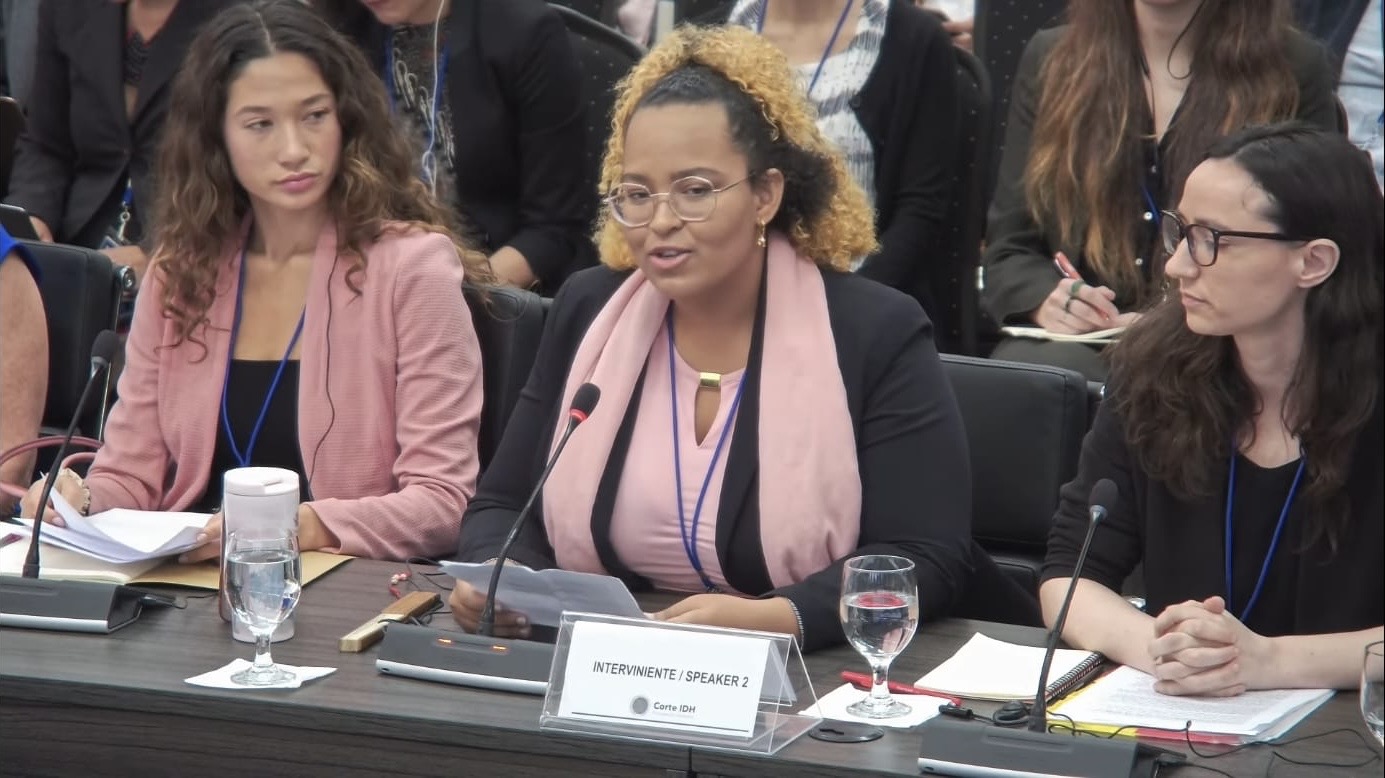




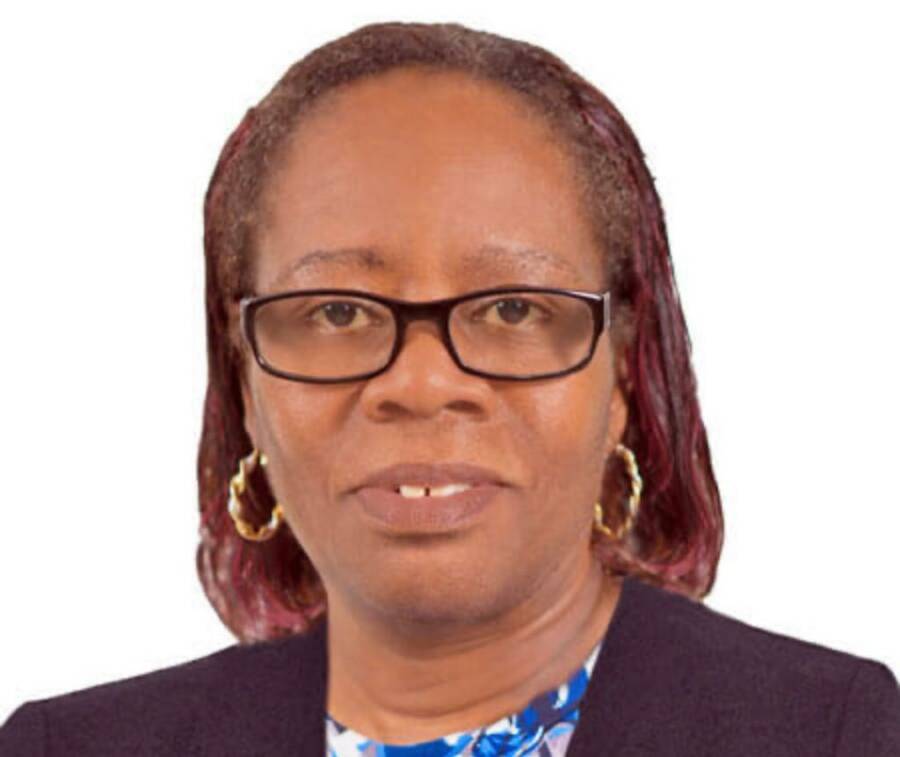
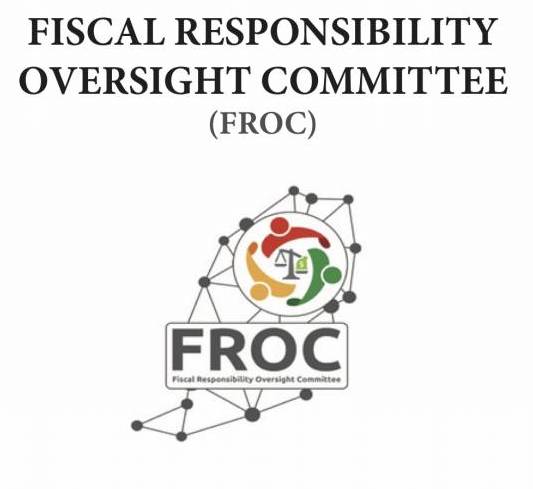












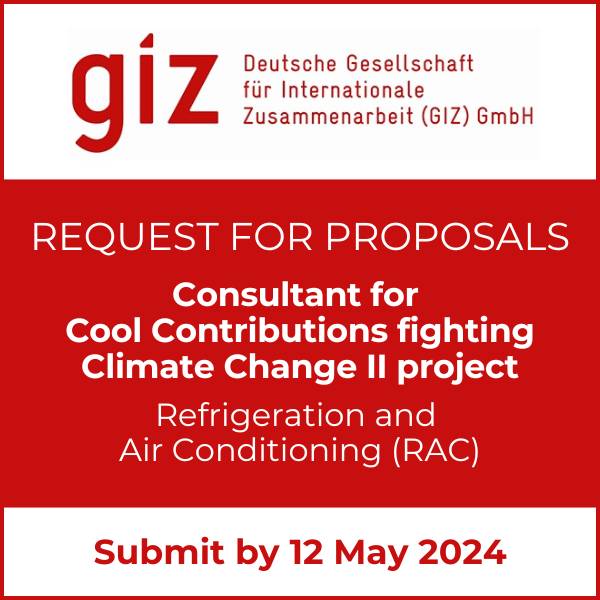

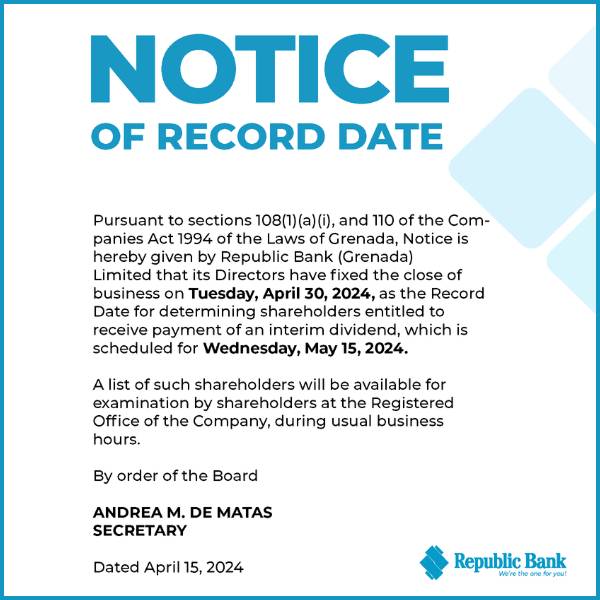
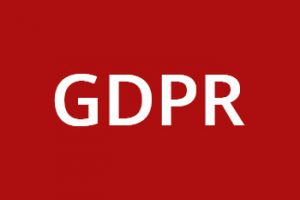
A long winded, and perhaps copy/pasted basic concept from Economics 101… Bottom line do not owe more than you can pay.
Example 1: if you owe the bank on a home loan you cannot pay the bank takes your home.
Example 2: If you owe China on a loan you cannot pay…